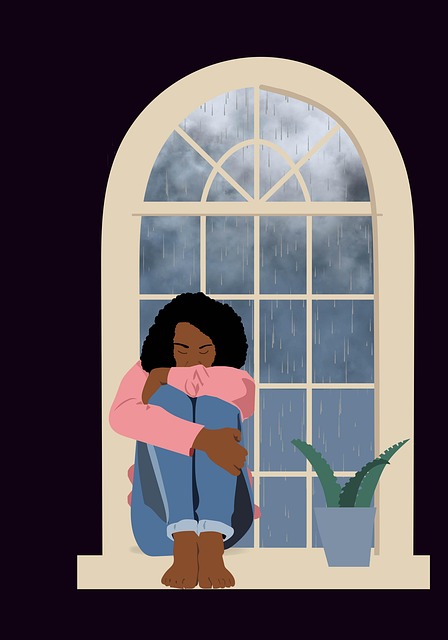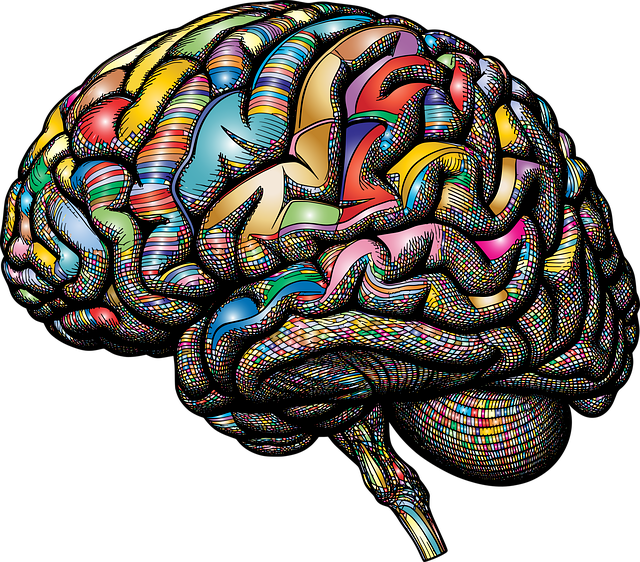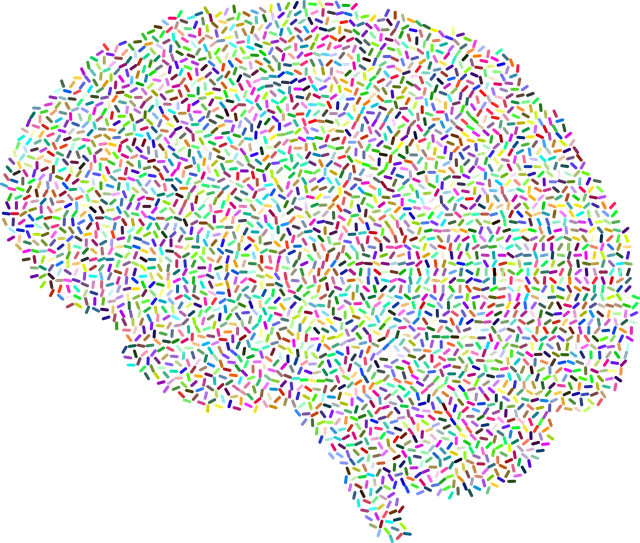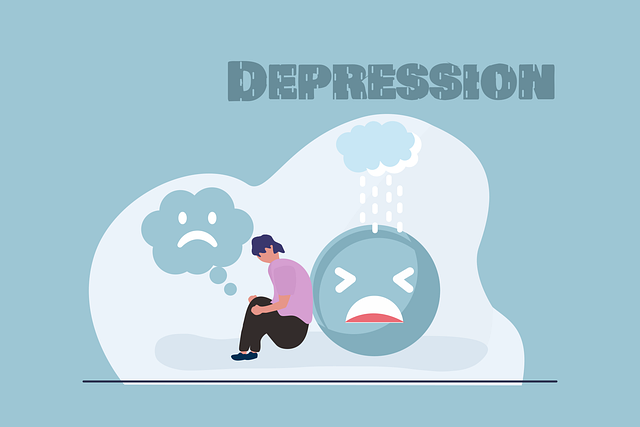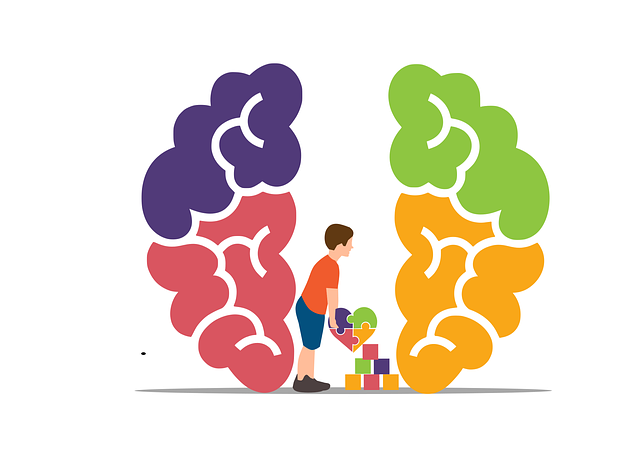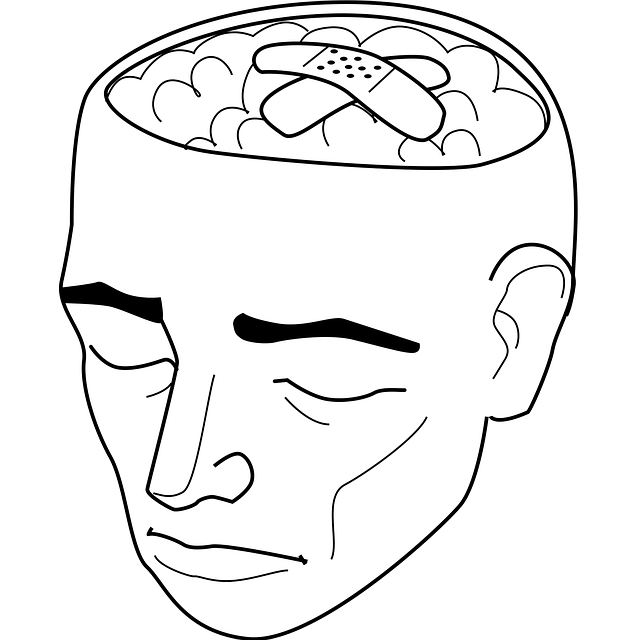Cultural sensitivity in mental healthcare is key for effective treatment and building trust, as seen in Lone Tree Gender-Affirming Care Therapy. This approach addresses not just symptoms but also social/cultural factors contributing to mental health issues, fostering self-esteem, preventing relapses, and breaking down stigma within communities. By creating safe spaces, integrating mindfulness techniques, and focusing on tailored support for diverse identities, Lone Tree offers a holistic model for improved mental health outcomes.
In today’s diverse society, cultural sensitivity is paramount in mental healthcare. Understanding and navigating the nuances of different cultures ensures effective treatment and fosters trust between therapists and clients. This article explores essential components of cultural sensitivity, with a focus on the growing importance of gender-affirming care in providing inclusive therapy. We delve into best practices for delivering Lone Tree gender-affirming care to diverse populations, highlighting strategies that revolutionize mental healthcare accessibility and outcomes.
- Understanding Cultural Sensitivity in Mental Healthcare
- The Role of Gender-Affirming Care in Cultural Competency
- Best Practices for Providing Lone Tree Care to Diverse Populations
Understanding Cultural Sensitivity in Mental Healthcare

Cultural sensitivity in mental healthcare refers to the practice of providing care that is respectful and responsive to individuals’ cultural backgrounds, beliefs, values, and preferences. This involves understanding and appreciating the diverse ways people express their experiences and seek support for their mental health. In a field like Lone Tree Gender-Affirming Care Therapy, where professionals work with clients from various cultural contexts, sensitivity is key to fostering trust and ensuring effective treatment.
By integrating cultural sensitivity, mental healthcare practitioners can go beyond treating symptoms of depression or other mental health issues. They can also address the underlying social and cultural factors that contribute to these conditions. This holistic approach not only supports self-esteem improvement but also prevents relapses by equipping individuals with resilience against cultural barriers to care. Moreover, designing Mental Health Education Programs that are culturally sensitive can help in promoting mental health literacy within communities, breaking down stigma, and encouraging early intervention for issues like depression prevention.
The Role of Gender-Affirming Care in Cultural Competency

In the realm of mental healthcare, cultural sensitivity is paramount to providing effective treatment, especially when navigating diverse identities such as gender. Lone Tree Gender-Affirming Care Therapy emerges as a crucial aspect of enhancing cultural competency. This therapeutic approach ensures that individuals from all backgrounds feel seen and respected, fostering an environment where they can openly explore their mental health concerns. By integrating gender-affirming practices, healthcare professionals create safe spaces, enabling patients to connect with their true selves, thereby improving outcomes in Mental Health Awareness.
The impact of this approach extends beyond individual therapy sessions, reverberating through the broader community. It encourages a more inclusive mindset, promoting understanding and empathy, particularly for marginalized groups. Incorporating Mindfulness Meditation techniques within these care practices can further enhance cultural sensitivity, allowing individuals to process their experiences at their own pace. Ultimately, Lone Tree Gender-Affirming Care Therapy exemplifies a holistic approach to Cultural Sensitivity in Mental Healthcare Practice, ensuring that every patient receives the nuanced support they need.
Best Practices for Providing Lone Tree Care to Diverse Populations

Providing culturally sensitive care to diverse populations requires a deep understanding and appreciation for the unique experiences and challenges each individual faces. For mental healthcare practitioners, this involves offering Lone Tree gender-affirming care that respects and validates personal identities. One effective best practice is incorporating self-awareness exercises into therapy sessions to enhance understanding of one’s own biases and unconscious assumptions. This fosters an environment where clients feel seen, heard, and respected, promoting open communication and trust.
Additionally, focusing on self-esteem improvement and trauma support services tailored to diverse needs is paramount. By acknowledging and addressing past traumas, cultural taboos, or social stressors that may impact a client’s mental health, therapists can provide more effective treatment. This might involve learning about specific cultural practices, beliefs, and values to offer care that aligns with the client’s frame of reference, ultimately enhancing therapeutic outcomes.
Cultural sensitivity is paramount in mental healthcare, ensuring that all individuals receive compassionate and effective treatment. By integrating best practices such as gender-affirming care, therapists can create a safe and inclusive environment for diverse populations. Adopting these strategies, including understanding cultural nuances, respecting identity, and providing tailored care, allows for improved patient outcomes and fosters a more equitable mental healthcare system, especially when addressing the unique needs of those seeking Lone Tree gender-affirming care therapy.
